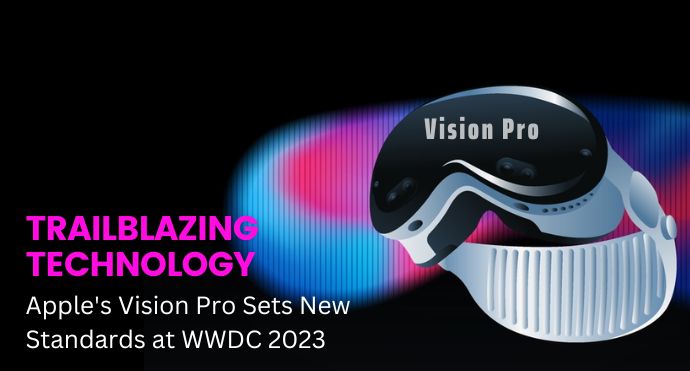In the ever-evolving field of healthcare, where trust, security, and interoperability are crucial, emerging technologies have the potential to revolutionize the industry. Among these technologies, blockchain stands out as a transformative force. While traditional healthcare systems have made advancements, there is a pressing need to explore the benefits of integrating blockchain technology. In this blog post, we will explore the reasons why healthcare organizations should embrace blockchain through Proof of Concept (PoC) or Minimum Viable Product (MVP) approaches and how it can address critical pain points within the industry.
Addressing Persistent Pain Points:
The healthcare industry faces numerous persistent challenges, including data security breaches, fragmented health records, inefficient interoperability, and a lack of patient control. While existing solutions have made progress, blockchain technology offers unique characteristics such as immutability, transparency, and decentralized data management that can further enhance efficiency, privacy, and trust.
Enhancing Data Security and Privacy:
Healthcare data is highly sensitive, and protecting patient privacy is paramount. Blockchain’s cryptographic algorithms and distributed ledger architecture provide robust security measures, ensuring data integrity and preventing unauthorized access or tampering. By implementing blockchain solutions, healthcare organizations can enhance data security and privacy, giving patients greater control over their personal health information.
Improving Interoperability and Data Sharing:
Fragmented health records and data silos hinder effective healthcare delivery. Blockchain technology enables seamless interoperability by creating a shared, decentralized network that securely connects disparate healthcare systems. This enables authorized healthcare providers to access patient records in real time, leading to better coordination, reduced medical errors, and improved patient outcomes.
Streamlining Medical Research and Clinical Trials:
Blockchain technology can revolutionize medical research and clinical trials by enhancing data integrity, traceability, and transparency. Smart contracts can automate consent management, streamline data collection, and ensure compliance with regulatory requirements. This facilitates secure and efficient collaboration among researchers, accelerates the discovery of new treatments, and promotes evidence-based healthcare practices.
Enabling Secure Healthcare Supply Chain:
The healthcare supply chain is vulnerable to counterfeiting, tampering, and inefficiencies. Blockchain provides an immutable and transparent ledger that tracks and authenticates the movement of pharmaceuticals, medical devices, and supplies. By digitizing supply chain processes, blockchain technology enhances traceability, reduces fraud, and improves patient safety by ensuring the authenticity and integrity of healthcare products.
Empowering Patient-Centric Healthcare:
Blockchain technology empowers patients by giving them greater control over their health data. Through decentralized identity management and consent mechanisms, patients can securely share their information with healthcare providers, researchers, and insurers. This shift towards patient-centric care enhances transparency, fosters trust, and enables personalized healthcare services tailored to individual needs.
Driving Medical Credentialing and Licensing:
Blockchain-based digital credentialing enables efficient verification of healthcare professionals’ qualifications, licenses, and credentials. By replacing cumbersome manual processes, blockchain streamlines medical credentialing, reducing administrative burden and ensuring the accuracy and integrity of healthcare provider information.
The potential impact of Blockchain technology in the Healthcare industry:
According to a report by BIS Research, the global blockchain in the healthcare market is expected to reach $5.61 billion by 2025, growing at a CAGR of 63.85% during the forecast period.
A survey conducted by IBM found that 16% of surveyed healthcare executives planned to have a commercial blockchain solution at scale in 2021, indicating a growing interest and adoption of the technology in the industry.
The Deloitte Center for Health Solutions estimates that blockchain-enabled interoperability can save the U.S. healthcare industry $3.7 billion annually by reducing data breaches, data duplication, and administrative inefficiencies.
Conclusion:
In the dynamic world of healthcare, embracing blockchain technology offers unprecedented opportunities to address critical pain points and drive positive transformation. Through Proof of Concept (PoC) or Minimum Viable Product (MVP) approaches, healthcare organizations can evaluate the potential of blockchain in enhancing data security, interoperability, patient empowerment, research, and supply chain management. By integrating blockchain alongside existing solutions, the healthcare industry can unlock a future of secure, efficient, and patient-centric care. As blockchain continues to permeate the healthcare industry, it will usher in a future where data is securely shared, healthcare services are seamlessly coordinated, and patients have greater control over their health information, setting the stage for a new era of advanced and inclusive healthcare.



